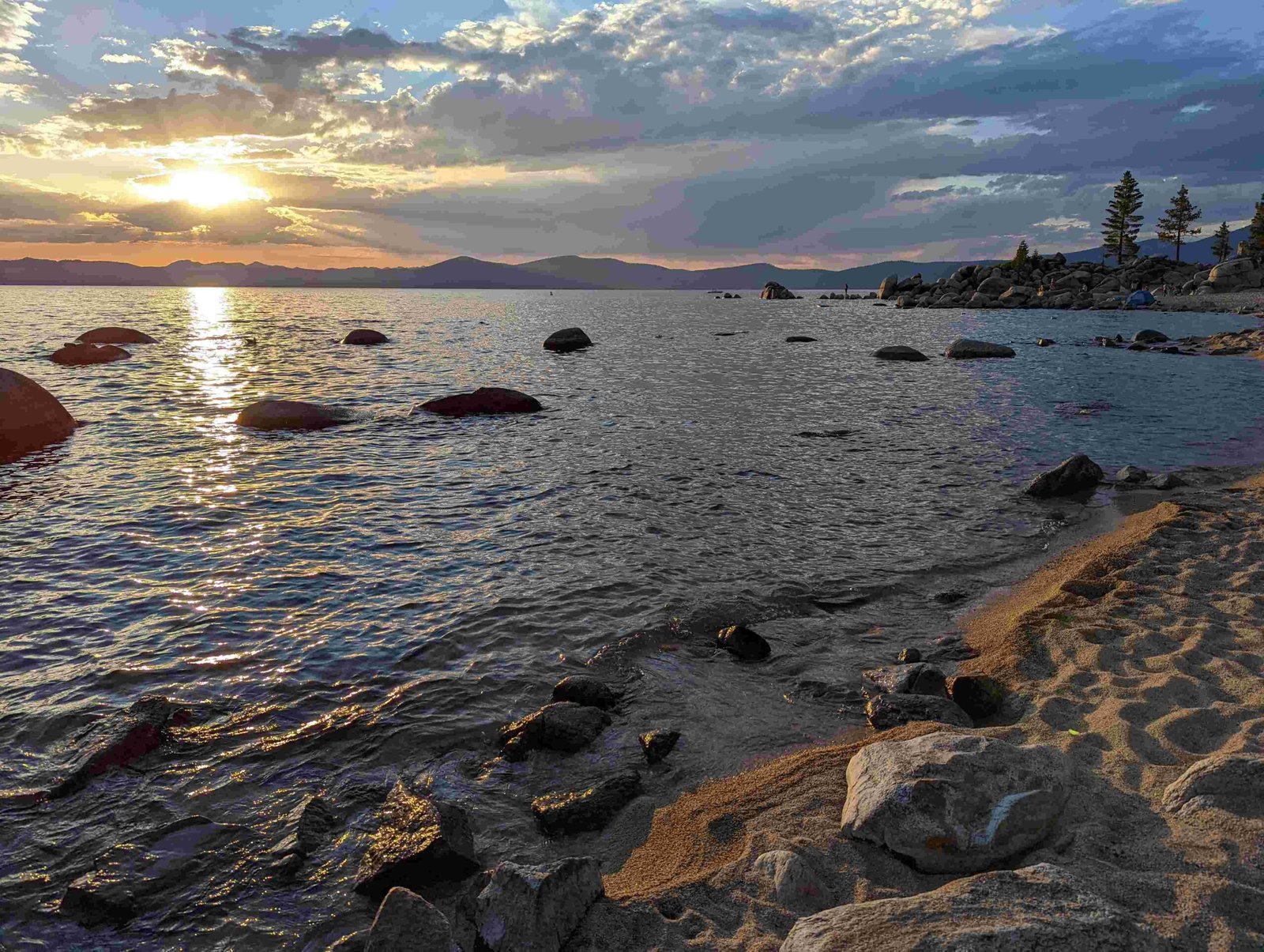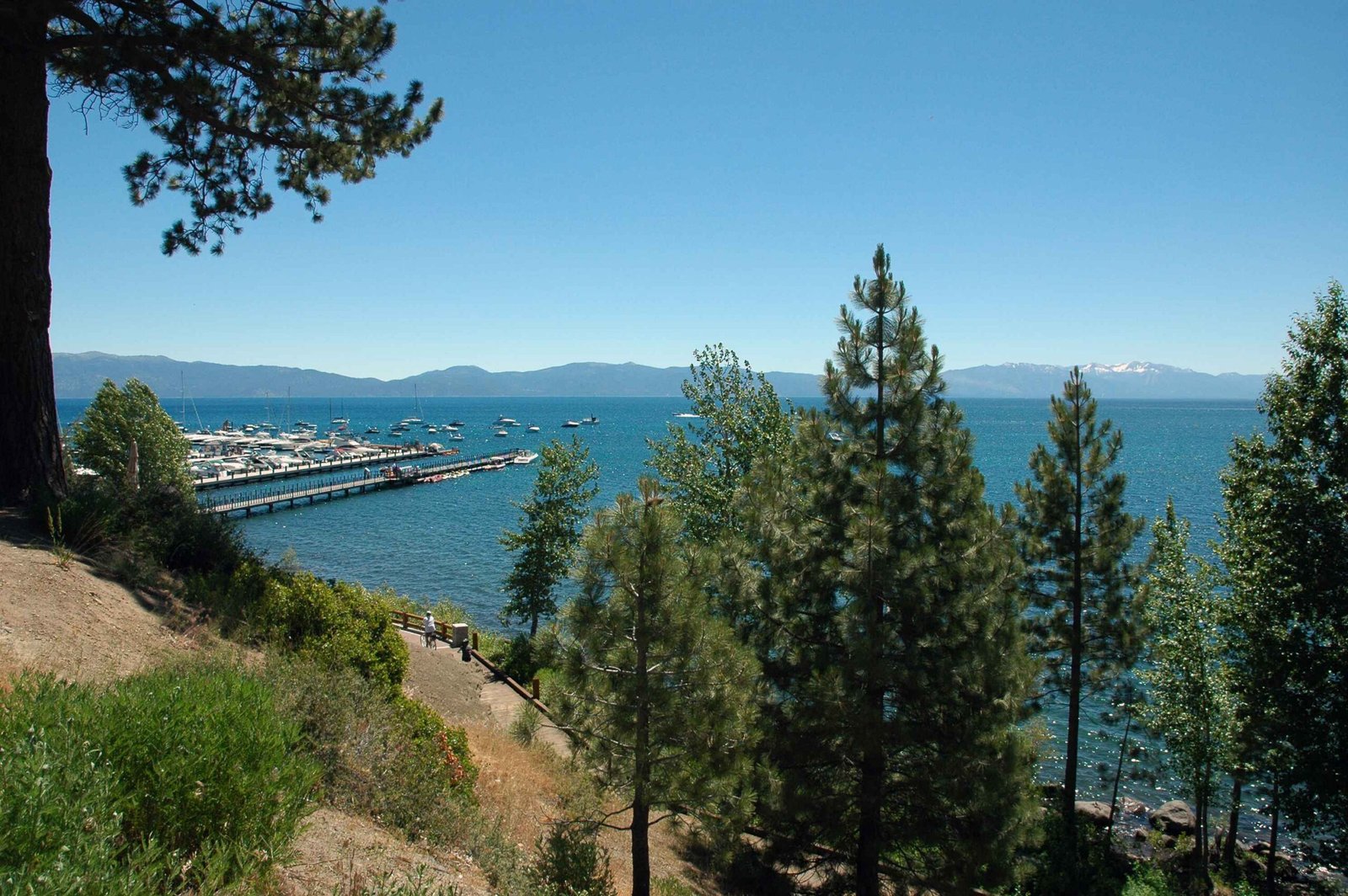The Lake Tahoe Adventure Race represents an extraordinary multi-sport endurance challenge set against the breathtaking backdrop of California’s alpine landscape. Participants navigate challenging terrain spanning kayaking, mountain biking, and trail running across elevations ranging from 6,200 to 9,000 feet, testing athletes’ physical prowess, navigation skills, and mental resilience in one of North America’s most stunning natural environments.
What Makes the Lake Tahoe Adventure Race Unique?

The Lake Tahoe Adventure Race is not just another sporting event—it’s a comprehensive test of human endurance and outdoor skills. Participants must demonstrate proficiency across multiple disciplines while navigating complex terrain and challenging environmental conditions.
Who Can Participate in the Race?
| Participant Category | Skill Level Required | Recommended Experience |
|---|---|---|
| Elite Athletes | Advanced | Multiple adventure racing experiences |
| Intermediate Racers | Moderate | Basic multi-sport training |
| Adventure Enthusiasts | Beginner to Intermediate | Strong fitness background |
What Physical Preparation Is Necessary?
Successful Lake Tahoe Adventure Race participants require comprehensive physical preparation:
- Cardiovascular Endurance
- High-intensity interval training
- Long-distance running and cycling
-
Swimming and cross-training activities
-
Strength Training
- Core muscle development
- Upper body conditioning
-
Lower body power exercises
-
Technical Skills
- Mountain biking techniques
- Kayaking and paddling proficiency
- Navigation and orienteering skills
What Equipment Should Racers Bring?
Essential equipment for the Lake Tahoe Adventure Race includes:
- High-performance mountain bike
- Kayak or stand-up paddleboard
- Waterproof navigation tools
- Hydration systems
- Performance athletic wear
- Safety gear (helmet, first aid kit)
- Nutrition and electrolyte supplements
How Does Race Day Unfold?
The race typically follows this structured timeline:
- 6:30-7:30 AM: Athlete check-in and equipment staging
- 7:15 AM: Comprehensive race briefing
- 8:00 AM: Official race start
- 2:00-4:00 PM: Finishers arrive at completion point
What Challenges Will Racers Encounter?
Participants will face multiple challenging elements:
- Elevation changes from 6,200 to 9,000 feet
- Varied terrain including mountain trails and lake surfaces
- Potential rapid weather shifts
- Complex navigation requirements
- Physical and mental endurance tests
What Are the Race’s Key Strategic Considerations?
Successful racers must focus on:
- Efficient transition between disciplines
- Precise navigation and checkpoint management
- Consistent energy management
- Adaptable race strategy
- Mental resilience
Final Insights

The Lake Tahoe Adventure Race represents more than a competition—it’s a transformative experience that challenges athletes to push beyond their perceived limitations while experiencing one of California’s most magnificent natural landscapes.

